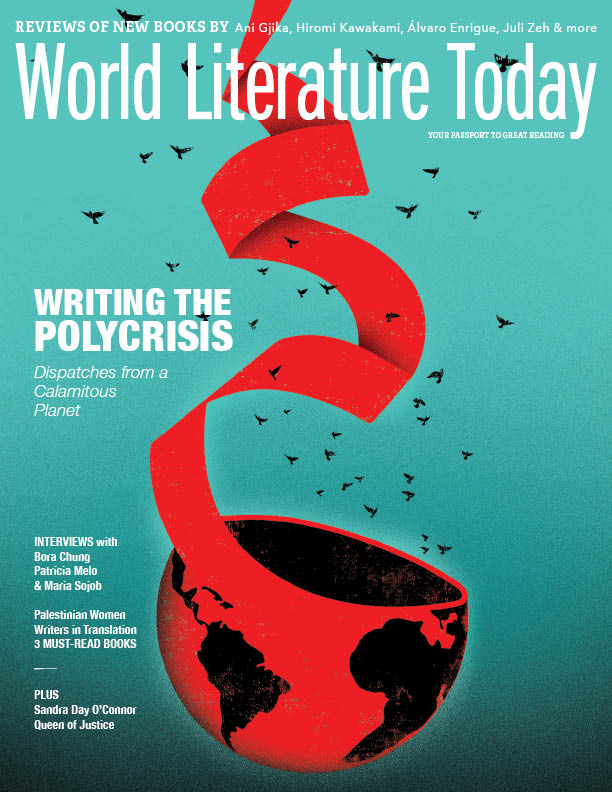The Poetry of Polycrisis
It is not easy to open one’s heart to the crises of the world, and to observe, gauge, and feel the impact. In The Defense of Poesy (1580), the Elizabethan poet Sir Philip Sidney pointed out that the ancient Romans called poets vates (diviner, foreseer, or prophet). The following poets, hailing from Australia, Spain, the United States, Paraguay, and Argentina, continue the tradition in a way informed by our unique moment in time.
 Rose Hunter
Rose Hunter
Body Shell Girl
Spinifex Press
A memoir about an Australian being a sex worker in Canada for ten years, these spare narrative poems explore the commodification of the powerless, objectified body (specifically of women) in late-stage capitalism, and how that commodification process inflicts existential anxiety and emotional pain. Hunter explores the ensuing fragmentation of self, and the resultant vertiginous hurtling toward oblivion, mirroring the world at large.
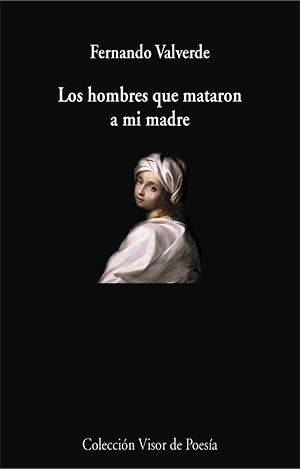 Fernando Valverde
Fernando Valverde
Los hombres que mataron a mi madre
Visor Libros
Spanish writer Valverde writes that these poems reflect the tragedy of being born a woman in a world ruled by men. In “Nuestra Madre” (Our Mother), the mother is in a nameless tomb, dead after being violated many times, broken by obedience. In “Madre entra el mar” (Mother Enters the Sea), the mother enters boundlessness, the sea, a state of being like death, but in fact brings boundlessness into the hearts and minds of the son who meditates upon her (see WLT, Autumn 2021).
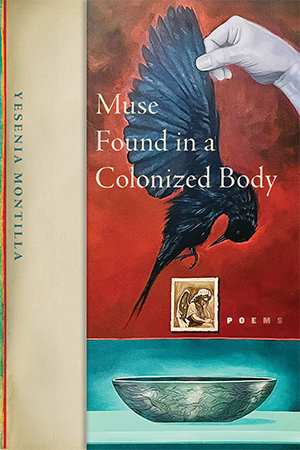 Yesinia Montilla
Yesinia Montilla
Muse Found in a Colonized Body
Four Way Books
Afro-Latina poet Montilla’s Muse is marked by hyperawareness and self-consciousness of the fact that survival in a gentrified and gentrifying city affects one’s sense of identity and the nature of art production. In such a setting, the artist runs the risk of externalizing the legitimizing gaze and putting it squarely in the hands of the critic (the gentrifier of art and poetics). What is the poet to do when the mind / the creative urge / the muse have been co-opted?
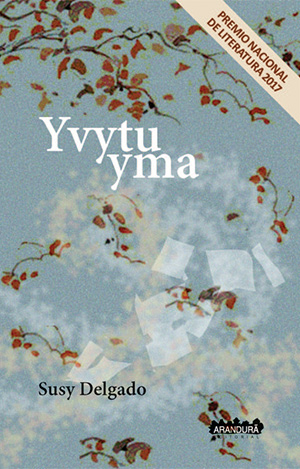 Susy Delgado
Susy Delgado
Yvytu yma / Viento Viejo
Arandura Editorial
A series of poems now being translated into English (to be published in 2024) that address the world from a Guaraní (Paraguayan) perspective, Yvytu yma / Viento Viejo mourns the way that the modern world has harmed the earth and, by extension, all people. The wisdom from the ancient ways of viewing the world—views that are only possible by delving deeply into Indigenous languages such as Guaraní—are held out as the only hope in a world torn apart by the practices of modernity. (Editorial note: Read the work of three Guaraní poets from this same issue)
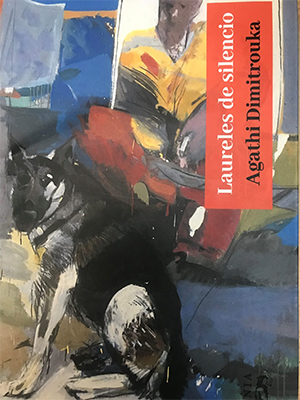
Agathi Dimitrouka
Laureles de silencio (Spanish/Greek)
Abisinia Editorial
The first poem of this collection from Argentina, “For the Hanged Dogs,” exhorts readers to “Hang the dogs in the olive trees / so their tears flow like oil / and close the eyes of our dead.” What seems to be extreme animal cruelty is a portal into a horrific battle within one’s mind against the ghosts and monsters of the past (including one’s own ancestors) and intractable crises of the state in a world that can only be described as postapocalyptic. “People, prepare your own gallows.”
University of Oklahoma











